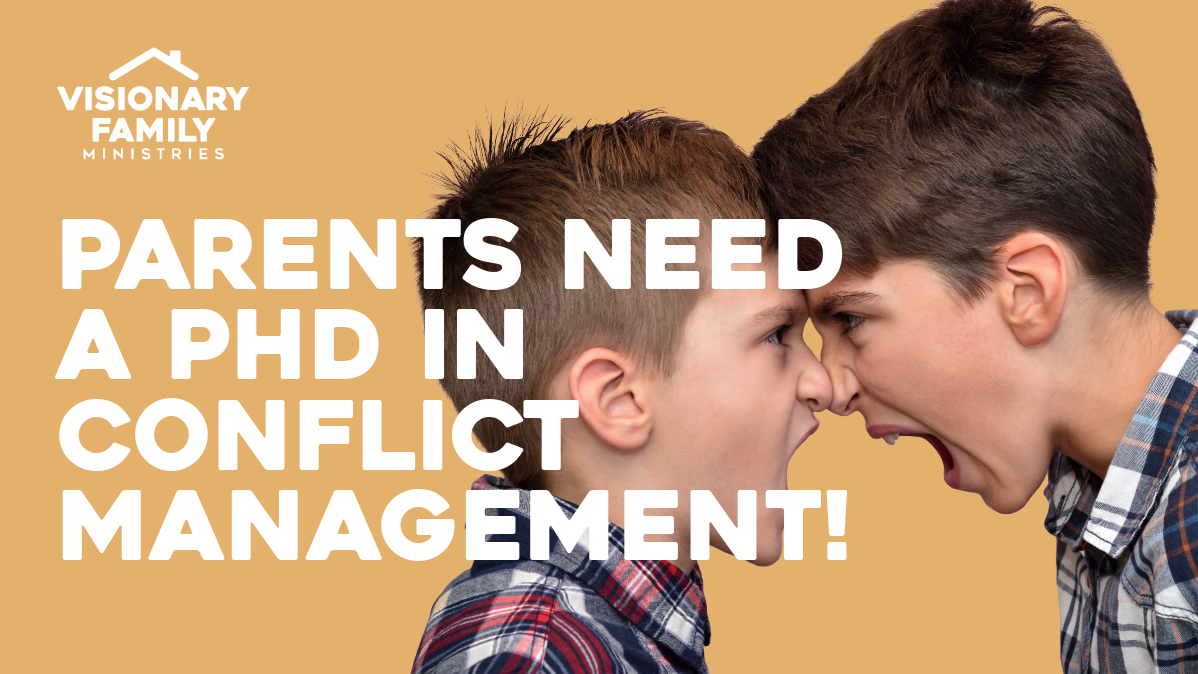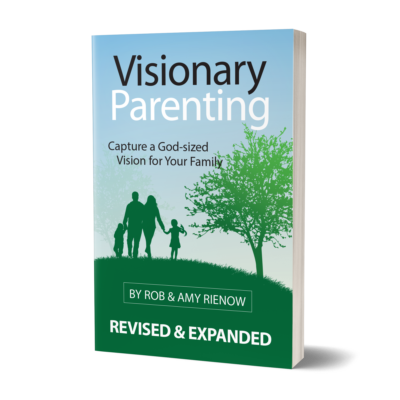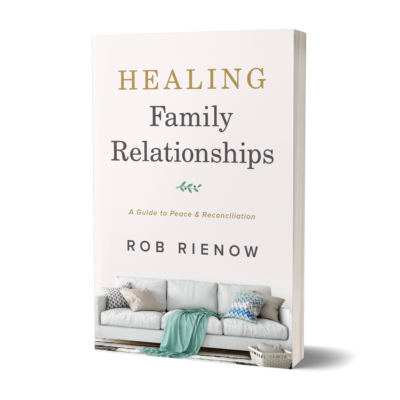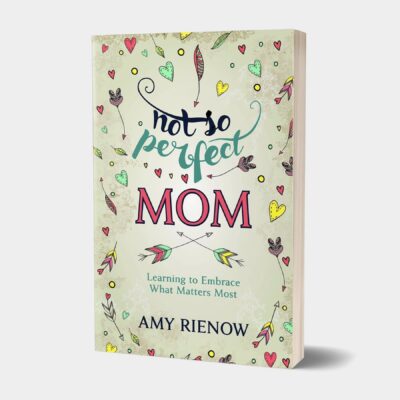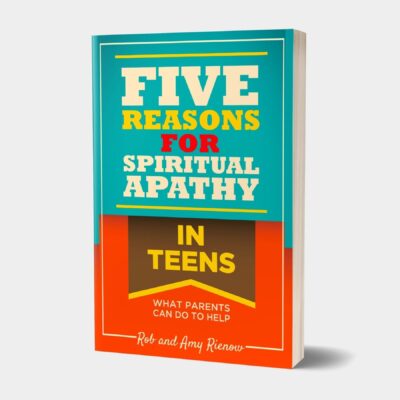As parents, one of the most challenging parts of raising children is managing conflict. Whether it’s between siblings, friends, or even between parents and kids, conflict seems to be a constant part of family life. But what if we saw conflict differently? What if we treated it as an opportunity to teach our kids essential biblical principles that will not only help them now but prepare them for a lifetime of healthy relationships? In this post, we’ll explore how you can guide your child through conflict using biblical principles.
A New Perspective on Conflict
Every family deals with conflict, and it can feel overwhelming at times. Whether it’s a vacation marred by arguments or the constant bickering at home, it’s easy to feel like you’re spending all your time as a referee. But conflict doesn’t have to be something we dread. Instead, it can be a powerful teaching moment—an opportunity to instill in our children the skills they need to handle disagreements in a Christ-like way.
One resource we’ve found incredibly helpful in our family is the Brother Offended Checklist from Doorposts.com. This biblical flowchart offers a step-by-step guide on how to handle conflict in a way that honors God. It’s a practical tool that walks children (and parents) through key scriptures and questions to evaluate how to respond when hurt or offended.
Biblical Conflict Management: Step-by-Step
Let’s break down some of the key steps from the Brother Offended Checklist that you can begin using with your children today:
1. Don’t Rush to Tell Someone Else
Proverbs 25:8 teaches us, “What your eyes have seen, do not hastily bring to court.” This is a vital first step in conflict management: teaching your children not to be quick to “tattle” or escalate a situation. Instead, encourage them to work out the problem directly with their sibling or friend before coming to you. This builds their problem-solving skills and helps them take responsibility for resolving conflict.
When your child approaches you with a complaint, try responding with, “Have you tried to work this out with your brother/sister/friend?” This gentle nudge teaches them to seek resolution rather than rely on you as a constant mediator.
2. Evaluate the Offense: Remove the Plank from Your Own Eye
This step comes directly from Matthew 7:3-5, where Jesus tells us to “first take the log out of your own eye” before pointing out the speck in someone else’s. It’s a vivid image that teaches us to evaluate our own role in the conflict before accusing others.
Teaching this principle to your children can be life-changing. Before they focus on what someone else did wrong, encourage them to ask themselves, “What was my part in this conflict? Could I have done something differently?” This self-reflection helps children take responsibility for their actions and teaches them humility.
3. Ask: Am I Being Too Easily Provoked?
Proverbs 19:11 tells us, “Good sense makes one slow to anger, and it is his glory to overlook an offense.” One of the most powerful questions you can teach your children to ask is, “Am I being too easily provoked?”
Conflict often escalates because someone overreacts to a minor issue. By teaching your children to reflect on whether the offense is truly worth the emotional energy, you equip them to de-escalate situations before they spiral out of control.
Practical Example: Teaching Conflict Management at Home
When our children were young, we began using the Brother Offended Checklist in our home, and it quickly became a key part of how we managed conflict. I remember asking one of my sons, JD, this very question: “Are you being too easily provoked?” He was only five at the time, but the concept began to stick with him. A few months later, during our family’s Christmas tradition of offering “gifts to Jesus,” JD’s gift was “not being too easily provoked.” That moment showed me that these lessons were taking root in his heart.
By teaching your children to evaluate their own reactions, you’ll help them become more self-aware and less likely to let small issues turn into big conflicts.
The Goal: Raising Peacemakers
Our ultimate goal is to raise children who are peacemakers. As Jesus said in Matthew 5:9, “Blessed are the peacemakers, for they will be called sons of God.” The world needs more peacemakers, and it starts with the skills we teach our children at home.
Teaching biblical conflict management isn’t about perfection. It’s about giving your children the tools they need to navigate the inevitable challenges of life with grace, humility, and a spirit of peace.
Practical Tips for Parents
If you’re ready to dive deeper into these principles, we highly recommend checking out the Brother Offended Checklist from Doorposts.com. It offers a detailed walkthrough of how to handle conflict in a way that honors God and builds stronger relationships.
We also encourage you to explore our book, Healing Family Relationships, which provides more in-depth guidance on resolving conflict in your family. You can start reading a free sample at visionaryfam.com/healing.
Conclusion
Conflict doesn’t have to be something we avoid or fear. With the right tools, it can be an opportunity to teach our children how to navigate disagreements in a healthy, biblical way. By helping them develop these skills, you’re equipping them for success in their relationships both now and in the future.
For more insights and discussions on parenting and family discipleship, visit visionaryfam.com/podcast. Let’s work together to raise the next generation of peacemakers, equipped to handle conflict with grace and wisdom.
